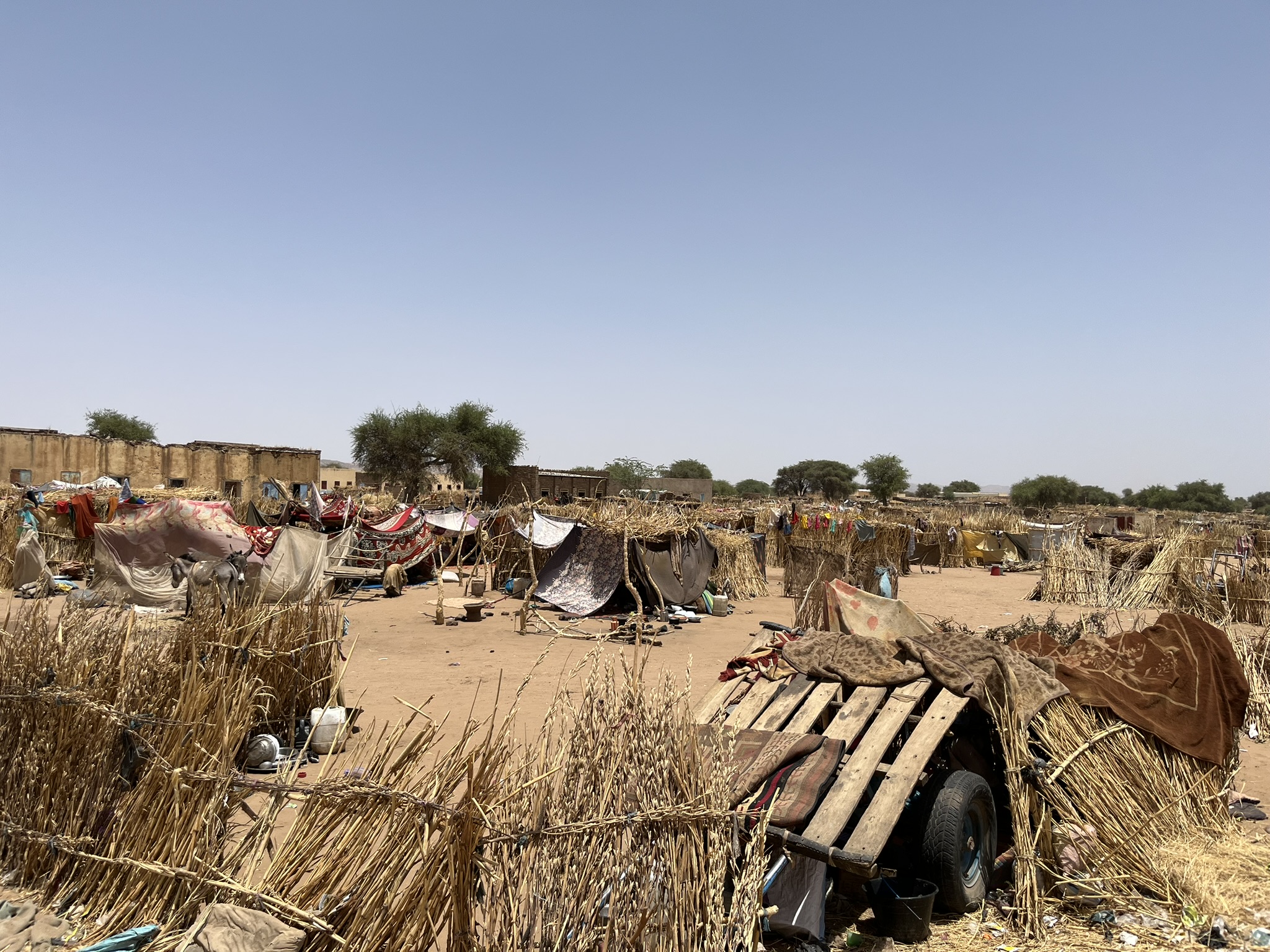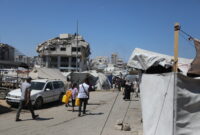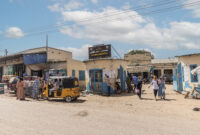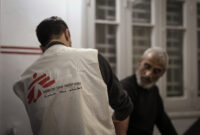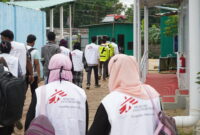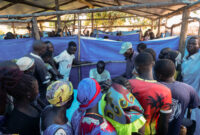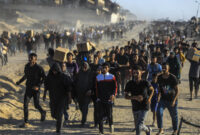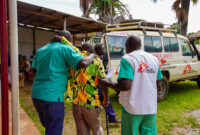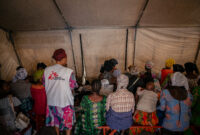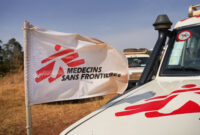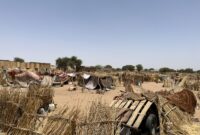Sudan: War fuels cholera outbreak across the region
MSF seeing over 2,300 patients and 40 dead in one week.
In the midst of an all-out war, people in Sudan are now experiencing the worst cholera outbreak the country has seen in years. Since the outbreak was declared by the Ministry of Health one year ago, there have been 99,700 suspected cases and more than 2,470 related deaths, as of August 11.
Last week in Darfur region alone, Doctors Without Borders/Médecins Sans Frontières (MSF) teams treated over 2,300 patients and recorded 40 deaths last week for cholera at facilities run by the Ministry of Health. MSF is calling for an urgent and scaled-up international response to provide health care, improve water and sanitation services, and begin cholera vaccination campaigns in affected areas.
Facilities are overwhelmed with cholera patients
Across Darfur, cholera is hitting people who already struggled with water shortages that have made it impossible to follow essential hygiene measures, such as washing dishes and food. The situation is most extreme in the town of Tawila, North Darfur state, where 380,000 people have fled to escape ongoing fighting around the city of El Fasher, according to the United Nations.
By the end of July, after one month of responding to the outbreak, MSF teams treated over 2,300 cholera patients in collaboration with the Ministry of Health in Tawila. The cholera treatment centre at Tawila hospital, officially equipped with 130 beds, had to accommodate 400 patients during the first week of August, overwhelming the facility and forcing staff to add extra mattresses on the floor to cope.
In Tawila, people survive with an average of just three litres of water per day, which is less than half the emergency minimum threshold of 7.5 litres needed per person per day for drinking, cooking and hygiene, as stipulated by the World Health Organization (WHO). As cholera cases rise and resources run out, clean water and sanitation services are urgently needed to prevent more deaths.
People are drinking contaminated water due to shortage
“In displacement and refugee camps, families often have no choice but to drink from contaminated sources and many contract cholera,” says Sylvain Penicaud, MSF project coordinator in Tawila. “Just two weeks ago, a body was found in a well inside one of the camps. It was removed, but within two days, people were forced to drink from that same water again.”
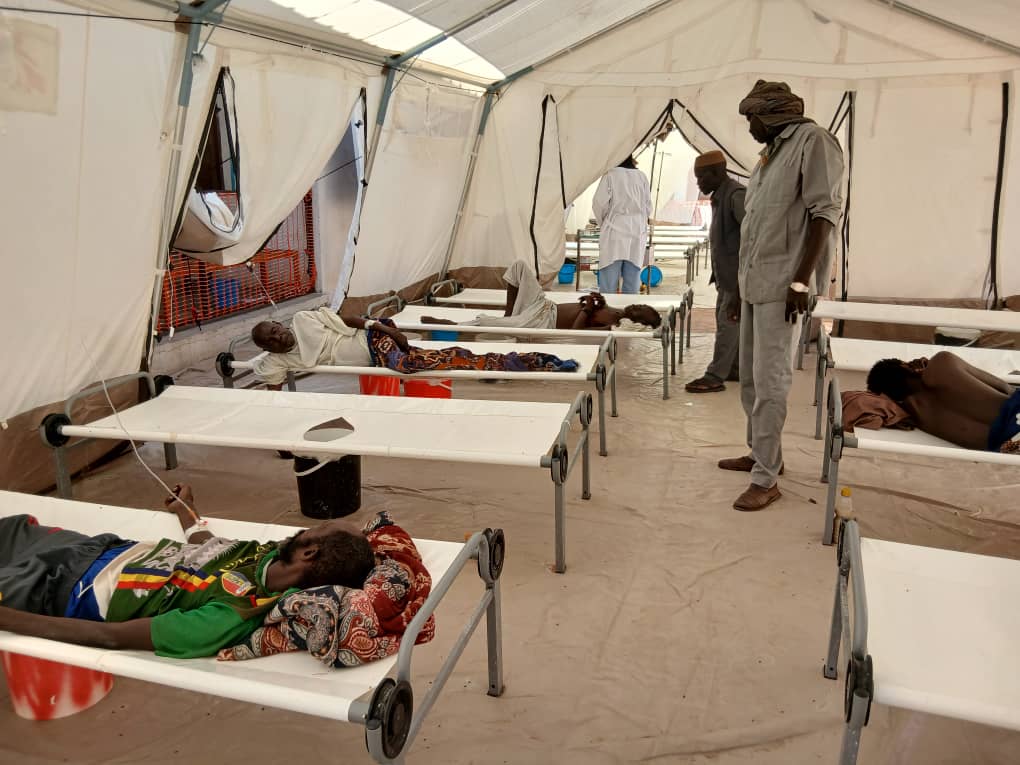
About 100 kilometres from Tawila, cholera was reported in Golo, Central Darfur state, on July 13. In response, MSF opened a 73-bed cholera treatment centre in Golo hospital. This centre was quickly overwhelmed, with 137 patients arriving on Aug. 3 alone. Five oral rehydration points were set up around Golo to manage mild cases and prevent deterioration, but our teams are seeing that the outbreak is still spreading fast. In early August, cholera reached Zalingei and Rokero in Central Darfur, and Sortony in North Darfur.
Heavy rains are worsening the crisis by contaminating water and damaging sewage systems. Cases are continuing to rise in South Darfur as well, where MSF, in coordination with the Ministry of Health, has expanded the cholera treatment centre in Nyala to 80 beds. Health workers are in urgent need of cholera vaccines and facing a severe shortage of water purification tablets.
“The health centres are full,” says Samia Dahab, a resident of Otash displacement camp in Nyala. “Some areas have water, others have kiosks that are far or empty. Some water is salty, and we drink it unboiled, unsure if it’s safe.”
As people move around to flee fighting, cholera is spreading further, in Sudan and into neighbouring Chad and South Sudan. In Damazin, Blue Nile state, Sudan, MSF and the Ministry of Health expanded the Damazin hospital cholera treatment centre from 50 to 250 beds in July to cope with an influx of returnees from South Sudan. At this centre, our teams are seeing a deadly combination of cholera and malnutrition. Between Aug. 3 and 9, six cholera patients who died were also suffering from acute malnutrition.
“The situation is beyond urgent,” says Tuna Turkmen, MSF country director in Sudan. “The outbreak is spreading well beyond displacement camps now, into multiple localities across Darfur states and beyond.”
“The international response must have an outbreak emergency coordination mechanism able to provide healthcare, improve water and sanitation service and begin cholera vaccination campaigns in affected areas at a pace that matches the urgency this catastrophic situation requires,” says Turkmen. “Every day of delay costs lives. MSF stands ready to collaborate with the Ministry of Health, UNICEF and WHO to launch mass vaccination campaigns across Darfur. Survivors of war must not be left to die from a preventable disease.”
